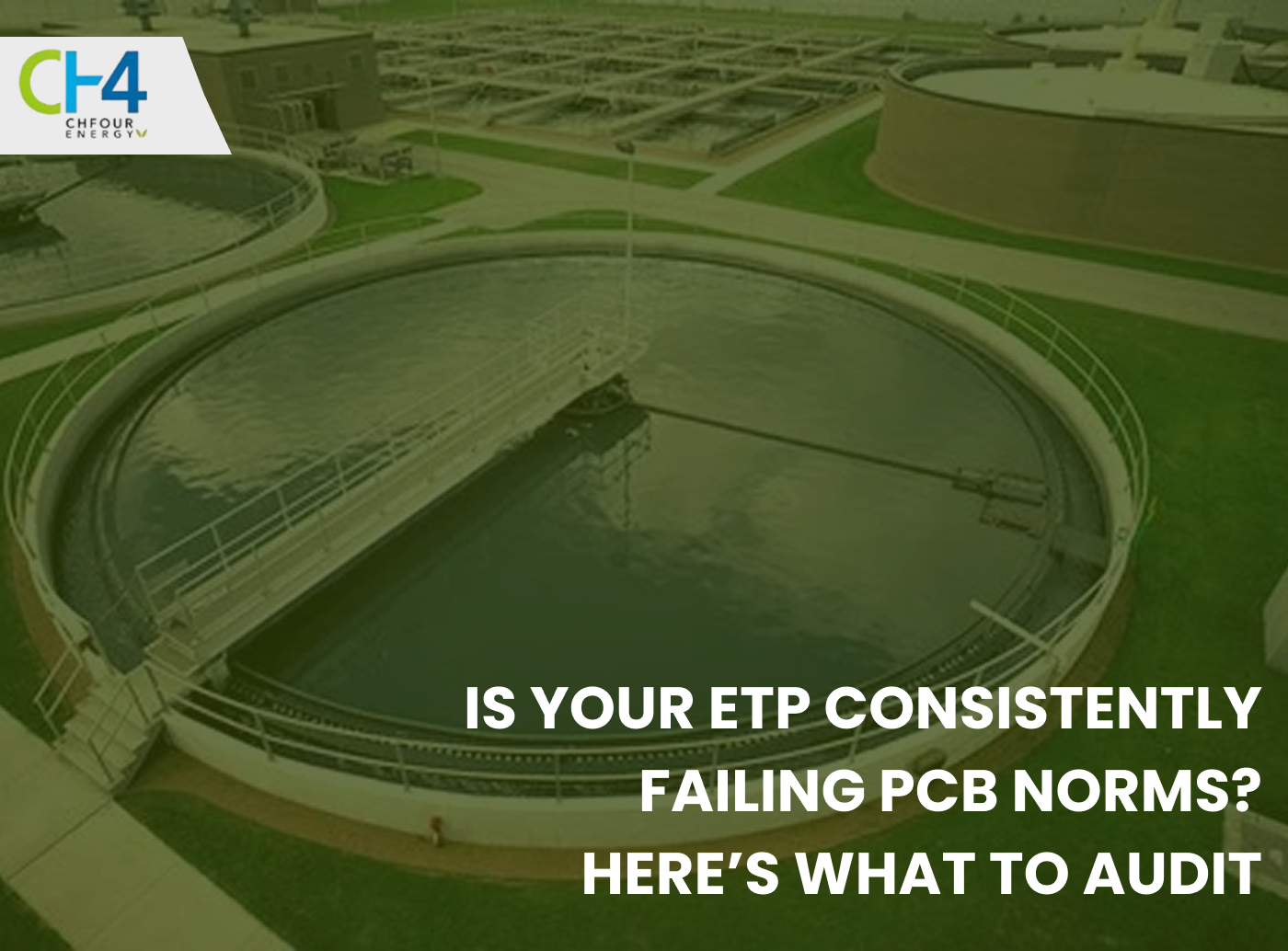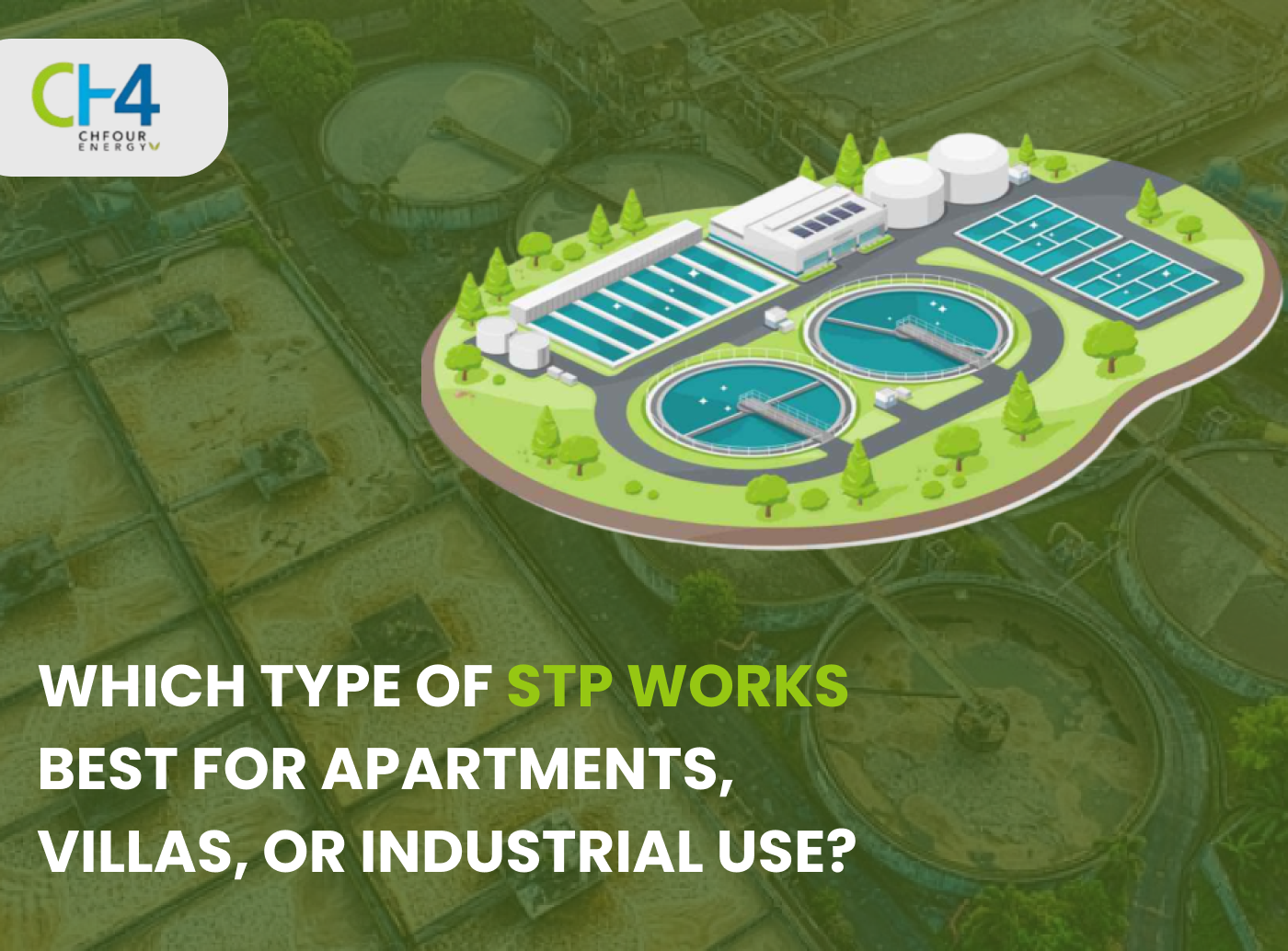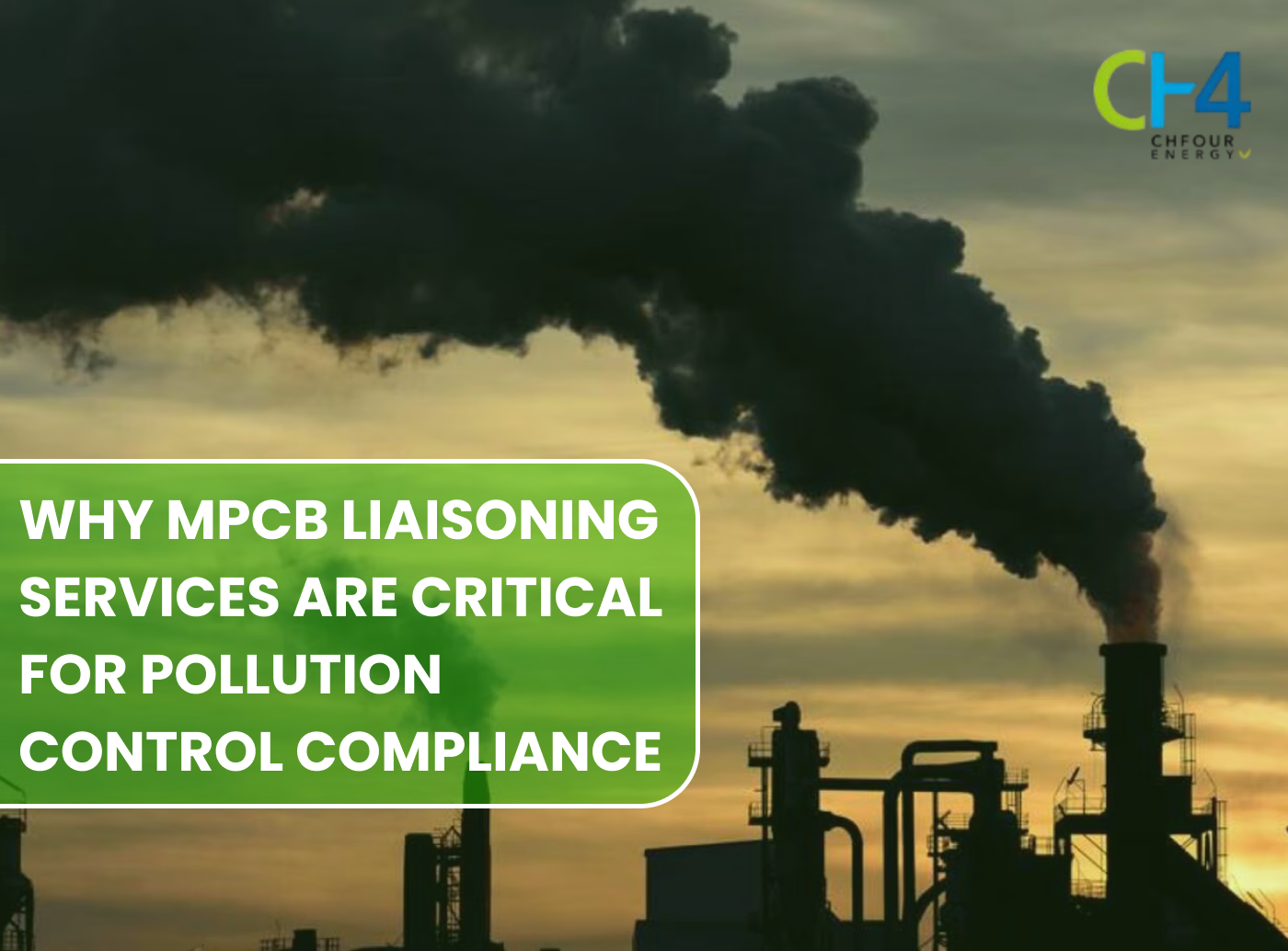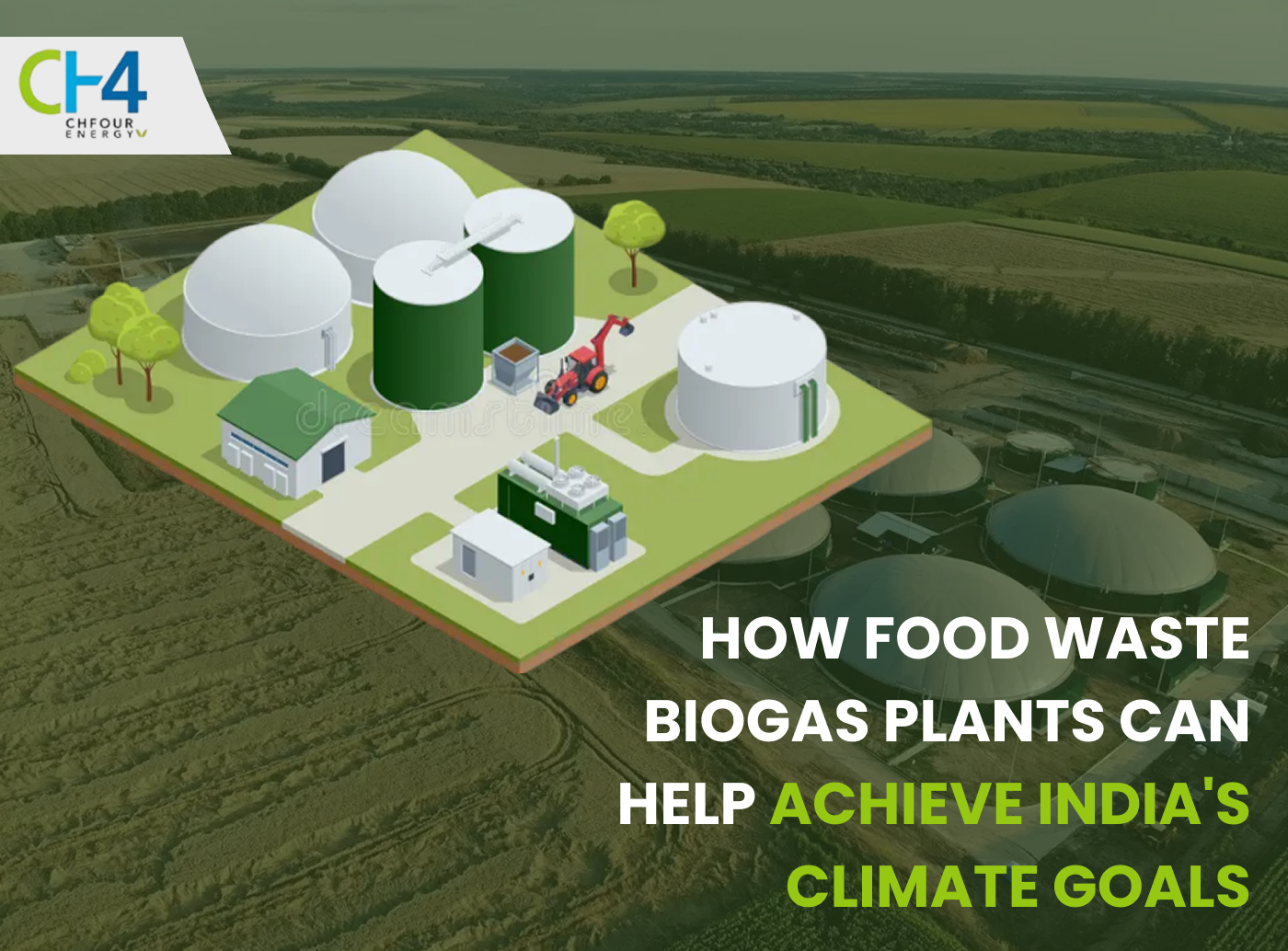
Is Your ETP Consistently Failing PCB Norms? Here’s What to Audit
A failing Effluent Treatment Plant (ETP) is not just a technical concern. It can create compliance gaps and result in hefty penalties levied by the pollution control board. While dealing with a failing ETP, companies often take fleeting measures like using additional chemicals, adding fresh microbial culture, or short-term maintenance fixes to arrest the continuous failures. Obviously, these solutions do not prove to be as effective. And even if they do, they provide short-term relief. Optimizing a failing ETP requires understanding the root cause through comprehensive audits. But, precisely, which aspects to audit your ETP on? As an Effluent Treatment Plant Manufacturer, we understand the gravity of this problem. Accordingly, we would like to shed some light on this common problem. CPCB Norms for ETP – Key Highlights Understanding the essential norms of CPCB for ETPs will help you conduct more effective and targeted audits for better outcomes. Here is more to them. Effluent Discharge Standards Checking specific water quality parameters like Total Suspended Solids (TSS), Chemical Oxygen Demand (COD), pH, Biological Oxygen Demand (BOD), and heavy metals. Specifying these limits aims to ensure treated water fulfills acceptable quality before companies discharge it. Treatment Requirements Industries must implement advanced treatment methods to meet CPCB effluent standards. They must ensure the right primary, secondary, and tertiary treatments to remove contaminants. Categorization of Industries Industries are classified as Red, Orange, Green, and White based on their pollution levels. Red-category industries, particularly, should adopt more stringent measures to comply with the latest CPCB norms. Reuse and Recycling Industries These must recycle and reuse treated water to reduce freshwater use, meeting CPCB norms for ETP-treated water. Auditing a Failing ETP Based on PCB Norms – Checklist Auditing a faltering ETP involves assessing a set of diverse concerns. These include those from operational, technical, and those related to managing it. Here is a comprehensive, generic ETP audit checklist. This step involves auditing the following. If you use activated sludge or biological systems, you must check the following. While checking this, you must audit the following. Over/underdosing affects solids removal and high turbidity/BOD. Here is what to audit in this department of the ETP operations. This one involves checking While auditing this one, you must confirm dilution assumptions and whether the consent permits the current outlet. Non-conformance with discharge conditions/locations can obviously lead to a compliance risk. Auditing this part involves checking the Consent to Operate conditions. These include parameters, frequency of monitoring, reporting format, allowable limits, etc., and whether you are meeting them as per PCB norms. This includes auditing operator training records, preventive maintenance logs, shift handovers, and the availability of spare parts. Often, many breaches happen due to poor O&M and because the staff is inadequately trained. Do you know the importance and benefits of Effluent Treatment Plant plays a crucial role, and one must know its benefits and importance. Well, you might think where we can get the necessary information? Well, your wait is over. Read our blog on “Key Benefits of Effluent Treatment Plants (ETPs) Explained” and know more about it. Need Audit Support for Your Effluent Treatment Plant? Choose CHFour! Auditing your ETP periodically can help you identify problems early and take the necessary reactive or proactive measures. It is a significant step toward complying with the pollution control board and avoiding the risks that follow non-compliance. The above can serve as a generic guideline for your ETP setup audit. However, as an Effluent Treatment Plant Manufacturer, we recommend consulting and getting your ETP audited by an expert. This is where we can step in to help you. Our solutions also include comprehensive and compliant ETP auditing services to help institutions and organizations comply with stringent PCB norms. We thoroughly assess your existing ETP condition, processes, challenges, compliance levels, and output to devise a comprehensive audit around these factors. Our audits aim to help you derive the right outcomes and comply with PCB norms.Want to know more or connect with our specialists to discuss your ETP challenges and auditing requirements? Please email us at info@chfour.net.










